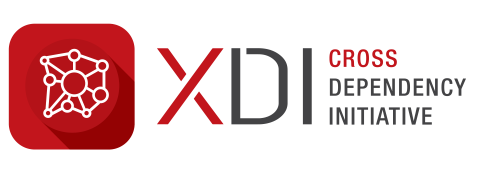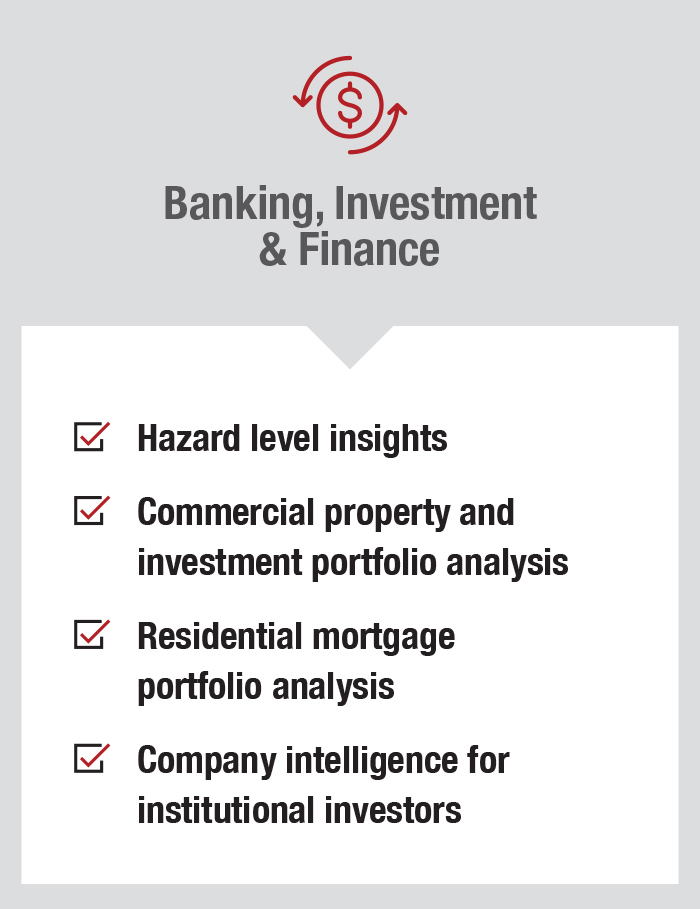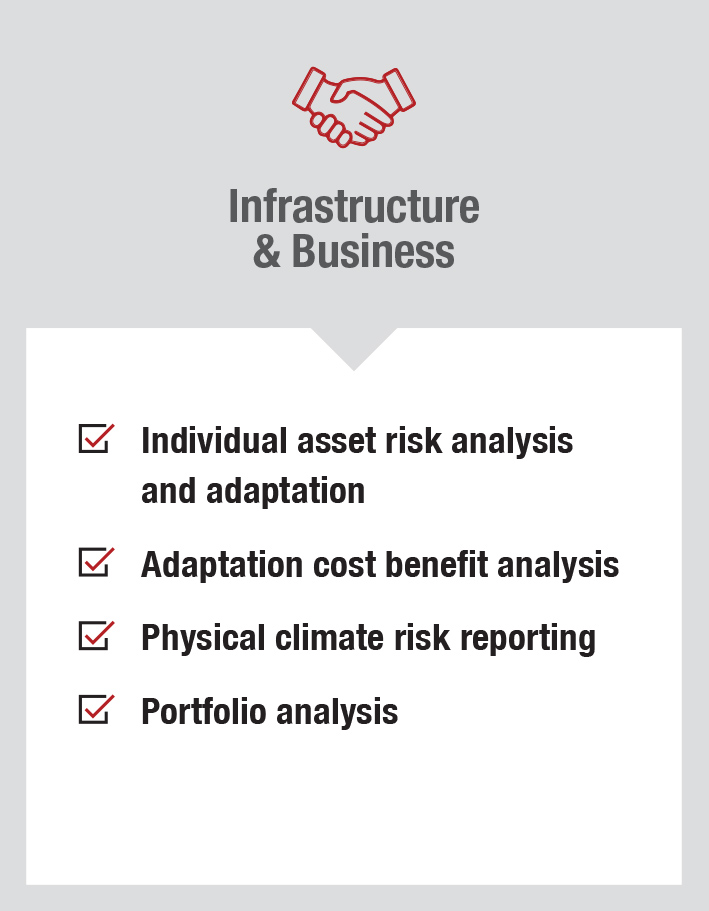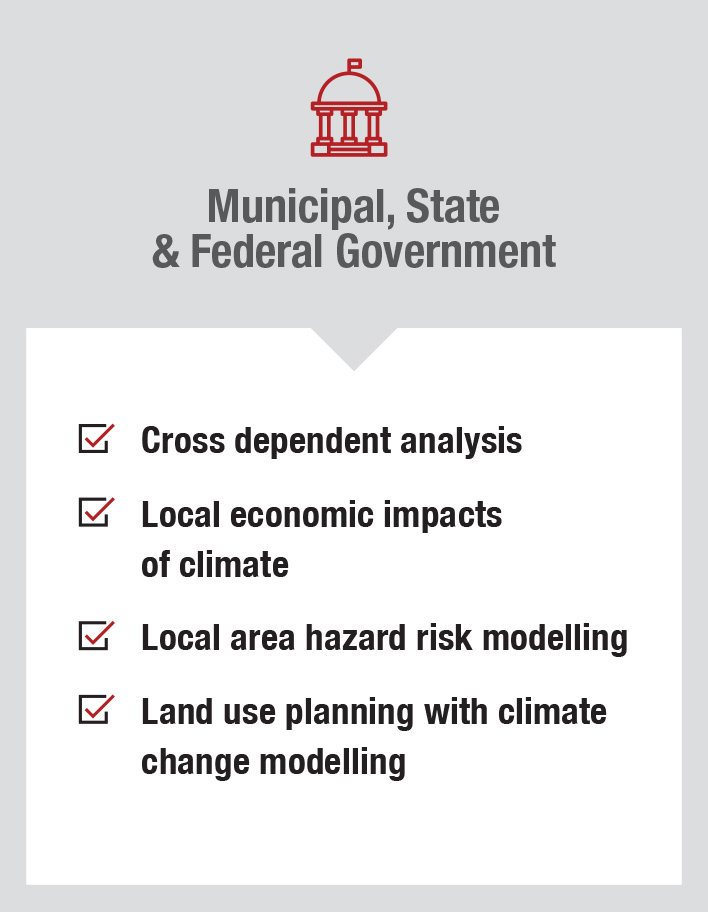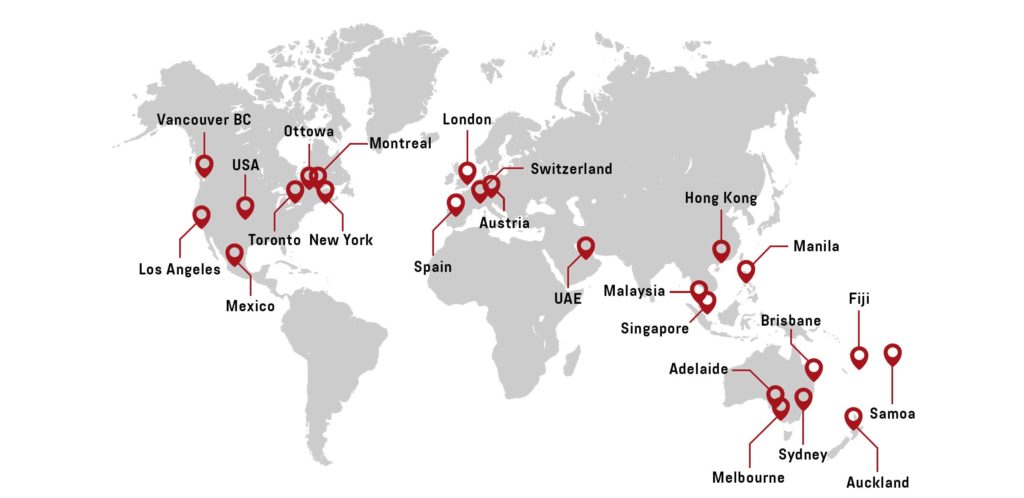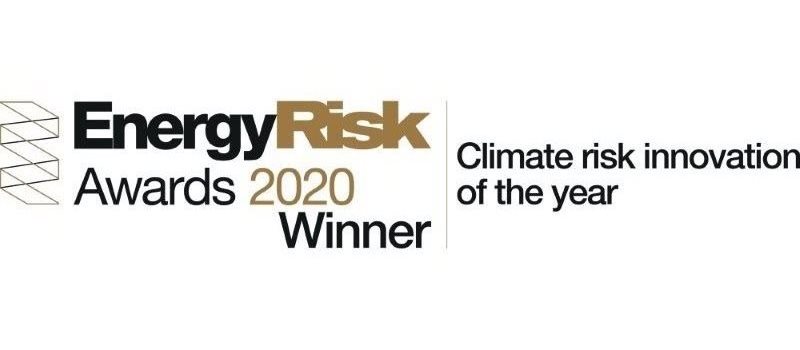Since 2006, decision makers have come to our team to understand the physical impacts of climate change to their business operations.
XDI’s analysis is underpinned by the Climate Risk Engines, developed through extensive commercial engagement with industry and government. From the outset, insights provided by the Climate Risk Engines have steered the conversation around climate change adaptation for a committed group of professionals who understood the need to find language and processes to incorporate climate risk and adaptation into decision making.
As the sophistication and power of the analysis evolved, a new understanding of more complex risks to larger businesses and governments began to emerge. Beyond individual assets, there was a need to analyse climate risk at an ecosystem level; to see the impacts of failures to power, water and transport infrastructure to people and organisations that depend on them.
In 2011 the XDI vision was born; to make possible a systems analysis of how climate risk affects not just one organisation but all of its upstream and downstream interdependencies. This is XDI, The Cross Dependency Initiative. A whole system vision of climate impacts that accounts for all physical risks, powered by a world class benchmark of computational analysis.
